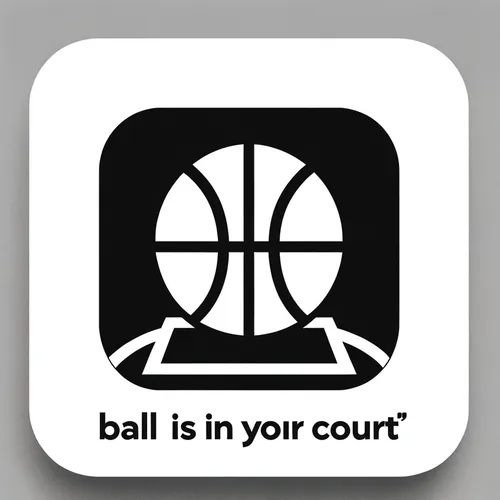When the Ball Is in Your Court: Embracing Decision Making and Personal Responsibility in Life's Critical Moments
- Author
- Quiet. Please
- Published
- Sat 02 Aug 2025
- Episode Link
- https://www.spreaker.com/episode/when-the-ball-is-in-your-court-embracing-decision-making-and-personal-responsibility-in-life-s-critical-moments--67230706
The phrase “the ball is in your court” captures the very heart of what it means to be at a crossroads of decision-making and responsibility. Drawing from its origins in tennis, when the ball lands in your court, it’s your turn to act—no one else can make the next move for you. According to the site theidioms.com, this phrase has since evolved from its literal meaning on the court to signal that the power, and the responsibility, to decide or respond now sits with you.
Every day, people face moments when suddenly the ball is in their court. Just last week, tech CEO Angela Kim found herself in the headlines after investors stepped back, awaiting her decision on a risky but potentially game-changing software pivot. When asked by CNBC, Kim reflected, “I realized excuses or delays might feel safer, but standing still was ultimately a choice, too.” Her decision to move forward—despite hesitations—has already sparked industry buzz, as reflected in recent Bloomberg coverage on rising startup resilience in 2025.
Such moments are rarely easy. According to psychological research from the University of York, how a person frames a dilemma—focusing on potential gain versus loss—profoundly shapes the path they choose. Two people, given the same facts, might see their options entirely differently depending on their mental model, context, and even how the question is presented. These subtle dynamics explain why, in everything from career changes to relationships, taking ownership of a decision can feel daunting but is essential.
The consequences of inaction can be just as significant as bold choices. When the United Nations announced new environmental targets last month, representatives unanimously agreed the ball was in the world’s court. Their call—a direct invitation for nations to act—reflects how, whether in global policy or everyday life, to hold the ball is to hold responsibility. It’s a chance to shape outcomes, to respond, to risk—and, ultimately, to own your choices.
Listeners, as you face your own pivotal moments, remember: when the ball is in your court, what you do next defines not only the outcome, but the story you’ll tell about it.
